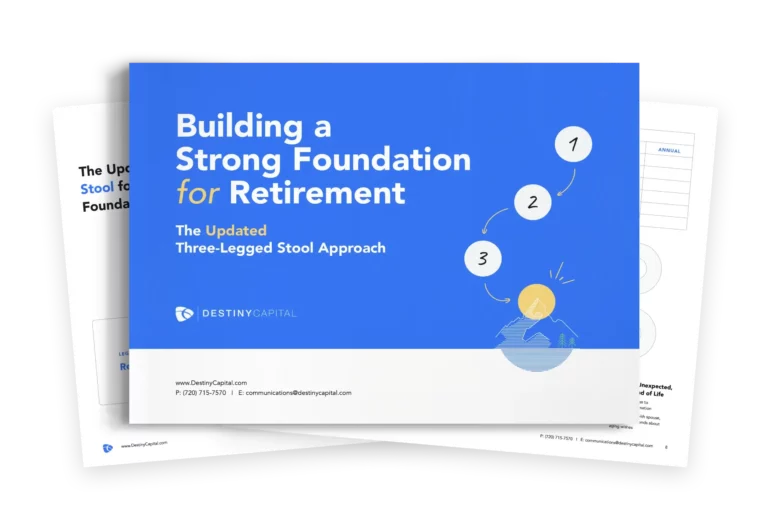
How Credit Scores Work
We have all heard about a credit score. But what is it, how does it work, and how can you improve your credit score?
A credit score is a way for a lender to determine how likely a person is to pay back loans. It is used as a way to compare potential borrowers and to evaluate how much a bank can trust a borrower with their money. A high credit score tells the lender a person has a history of using credit wisely and pays back what he/she has been loaned. A low credit score shows the lender the opposite.
Usage, payment history, derogatory marks, credit age, total accounts, and hard inquiries are the six factors that impact your credit score. These factors have varying effects on your credit score.
High Impact Factors: Usage, Payment History, and Derogatory Marks
Usage is the percentage of credit you are using compared to your total credit limit at any given point in time. For example, let’s say John has a $100,000 credit limit on his credit card and has a $90,000 balance. John is using 90% of the credit available to him. Susie has a $10,000 credit limit on her credit card and has a $500 balance. She is using 5% of the credit available to her.
Even though Susie has a lower credit limit, she is using a smaller percentage of the credit available to her and will have a more favorable credit score because of her lower usage factor.
To have a more favorable usage factor, consider paying off your credit cards throughout the month rather than all at once when the payment is due. This way credit balances stay low which will keep your credit usage low. Also, consider increasing the credit limits available to you, so your usage percentage is low relative to the amount of credit you have available.
Payment history is the percentage of payments you have made on time. This one is fairly straightforward. Lenders like to know that potential borrowers have a history of not missing payments. Keeping an eye on your credit report can help ensure that you are paying back your loans and things are not slipping through the cracks.
Setting up automatic payments for at least the minimum amount due can help keep your payment history in good standing. Paying only the minimum on loans may not be the most efficient way to pay off loans; however, automatic payments of the minimum can help ensure you will not miss a payment.
Derogatory marks are collections, tax liens, bankruptcies or civil judgments that show up on your credit report. These can stay on your report for seven years from the original date of the delinquency on the original debt or the date of the first missed payment.
In most cases, there is not much a person can do to avoid these once they are on their credit history. However, if the derogatory mark is an error, there are options to dispute these. Some creditors are also willing to remove the derogatory mark if you work with them to pay back the loan.
Medium Impact: Credit Age
Credit age is the average amount of time your accounts have been open. Lenders like to know borrowers have a long history of using credit wisely. From the lender’s perspective, someone who just opened her first credit card a few months ago has not yet proven to be a favorable credit risk.
Keeping older lines of credit open will bring up the average age of your credit history. Instead of closing old credit cards, consider keeping these lines of credit open and available, but do not use them.
Low Impact: Total Accounts and Hard Inquiries
Total accounts are the number of accounts a person has open and closed. The more chances of using credit wisely, the better the credit score. Lenders are looking for people who have paid back many different lending institutions, not just a few. Closed accounts are included in this factor which helps even if you have either closed lines of credit or paid back loans in full.
This factor has a low impact on your credit so opening and closing a bunch of accounts to increase your total number of accounts is not a good idea. Having a low average age of credit history will negatively affect your score more than the positive effect of having more total accounts.
Hard inquiries are the number of times you have applied for credit. Lenders do not like to see someone apply for many lines of credit. This is a red flag because it is an indication the person is likely going to be taking on more debt. Taking on more debt can decrease the willingness lenders have to lend money to an individual. Hard inquiries typically affect a person’s credit score for 12 months.
If you are shopping around for loans, ask potential lenders if they can do what is called a “soft pull” on your credit instead of a hard pull. A soft pull will give the potential lender a general idea of your credit score so they can give you a general idea of what you will qualify for. These inquiries do not affect your score.
Have any questions? We’re here to help!
{{cta(‘b98204c7-0e0e-4d3b-895d-e54ef00e4f97’)}}











